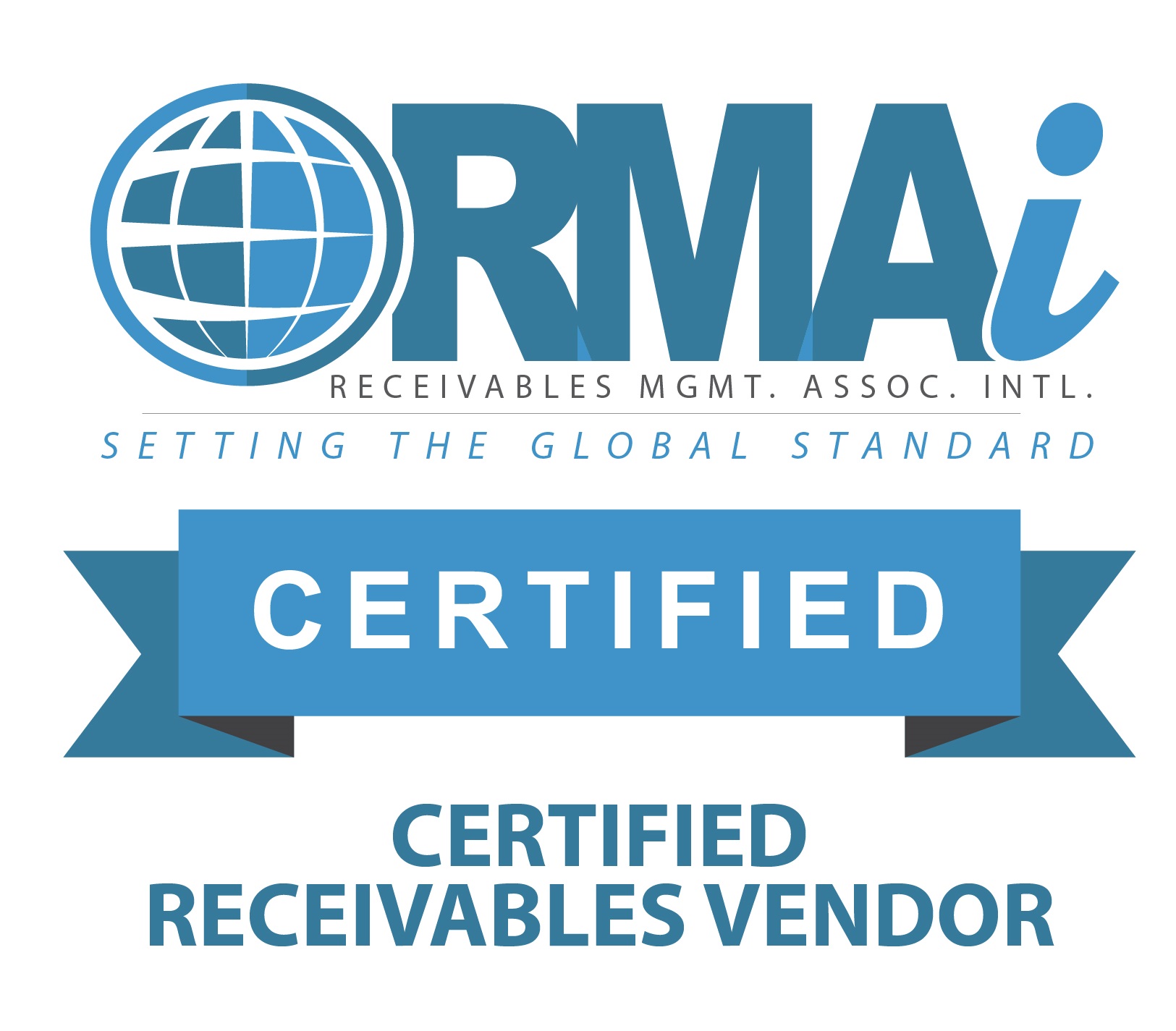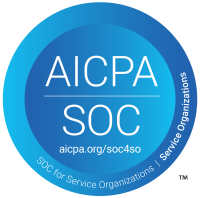View Sale Announcement Detail


Archived news

Most economic decisions are driven by expected outcomes. When making financial investments like cash, bonds, stocks, loans and commodities, institutions have a good picture of what the future holds. However, an uncertain market can create unexpected situations, especially in a non-core business. Relieving stress on internal resources dedicated to those non-strategic businesses can reduce volatility and financial cost. Assets and businesses that made sense to retain during COVID, can now be divested and proceeds allocated to higher yielding core business lines.
In this post, we discuss the current environment and portfolio optimization.
The COVID 19 pandemic caused widespread economic, non-economic, and policy uncertainty, affecting all global economies. Even today, many industries are still struggling with the effects of the pandemic. As pandemic concerns eased and government support mechanisms waned, this has been followed by geopolitical concerns and rapid inflation in most parts of the world. There has been an abrupt shift from a low-rate, credit-benign market to one with a recession in its sites.
The Fed has responded with a hawkish view on rates and an "unconditional" commitment to establishing price stability. In three months, the Fed has increased the Fed Funds rate by 1.5%, with analysts calling for a Fed Funds rate over 3.0% by year-end 2022, up from 0.25% to start the year. These drastic measures are meant to slow spending and cool off economic conditions. However, it has also increased the risk of a recession. This is compounded by the liquidation of government held assets. For financial institutions, quantitative tightening may lead to slower-growing or decreased bank deposits. While a slower growth rate of deposits may not be the worst outcome for many institutions in the short run, it does create a forecasting issue for the future. The Fed will try to orchestrate a soft landing through this malaise, but there are many factors out of their control. For perspective, of the seventeen Fed rate increase cycles, fourteen ended in a recession.
Increased rates and continuing geopolitical concerns, amongst others, will weigh on the economy for the foreseeable future. The Fed is clearly signaling rates are increasing until there is tangible proof inflation has been contained. In terms of portfolio management, being nimble is great in concept but difficult to achieve. It requires a focused review of activities and determining what is important and what should be eliminated. Perhaps the only silver lining in all of this is that the proceeds generated from asset sales can be deployed into higher-yielding securities and loans.

During COVID, Garnet had many discussions with financial institutions regarding the liquidation of non-core or sideline businesses. These included those that are fully performing that did not fit the strategy of the institution, and non-performing that were draining resources and creating reporting issues. In many cases, it was the treasury team that decided against a sale, primarily because they had no need for added liquidity. Holding those non-core assets was more financially attractive than the investment alternatives. With the expectation of a recession and higher rates, this equation has started to shift.
Financial institutions and investors alike actively optimize their portfolios and asset allocations based upon a three-legged stool: risk tolerance, expected returns, and associated costs. Risk tolerance and expected returns are clearly the most prominent factors. The higher the level of certainty in outcomes leads to a higher allocation to a particular asset class. Generally, that higher level of certainty stems from a focus and dedicated knowledge of the asset class. In a stable market, it is easy to ignore those assets that don’t meet those criteria. However, in a quickly moving market, the unknowns creep into that analysis and require a bit of refocus. To summarize, the markets you know and want to dedicate resources to grow are the ones that should be the focus. Others are expendable. As Peter Lynch once said, “Know what you own, and know why you own it”.
The third leg of the stool is associated costs. While clearly a factor all institutions consider, it is the third sister to the equation. However, our experience has been that it is often the match that lights the fire. These costs include management, compliance, regulatory reporting, accounting, funding, etc. For the primary businesses of any institution, there is knowledge and expertise in the origination and management of those assets. For sideline/non-core businesses, this is generally not the case. These assets are managed either by the overall team - which pulls resources away from where they should be focused - or by a separate team maintained in the service of diminishing assets. In either case, the realization of this embedded cost is often the factor that triggers the thought process on what can be done.
Asset liquidation is one solution that is very viable under current market conditions.
In terms of the market for asset sales, the question is not "can it be sold?" – assets can always be sold – the question is "at what price?". The good news is that the market for whole loans is still strong and deep. Our own experience during the course of 2022 has been that investor interest is high, and this has been reflected in the outcomes of several sales that we have completed. While increased benchmark rates clearly have an impact, we not seen a one-for-one correlation for more illiquid trades like there has been in more liquid assets, e.g., qualified mortgages. There is still a substantial amount of capital on the sidelines looking for unique investments. If a group of assets is properly packaged and presented, it will get the attention of investors.
In the current environment, there's an opportunity to reduce concentrations and manage portfolio risk by selling loans without the need to incur significant price discounts. Garnet can help you customize a portfolio to maximize price while achieving your risk-reduction goals.
Garnet’s business is to advise sellers in the sale of loan portfolios. We are committed to the execution of loan sales in an efficient manner that achieves the highest proceeds and stresses confidentiality, integrity and accountability. Our success stems from a detailed, hands-on analytics and sales approach, starting with experienced staff, a vast distribution network, and an excellent reputation. Most importantly, our success is based upon your success – meaning a successful sale.
If there is a portfolio of assets that seem ripe to sell, please reach out and use us as a resource in the decision-making process. We will help you evaluate the sale potential, risk factors and time frame. We strive to under-promise and over-deliver. This is what we do, and we’ve been doing it well for a long time.
Garnet has been vetted by the FDIC, NCUA and most major banks with regard to compliance and data security standards and is compliant with SOC 2 and PCI-DSS standards.







